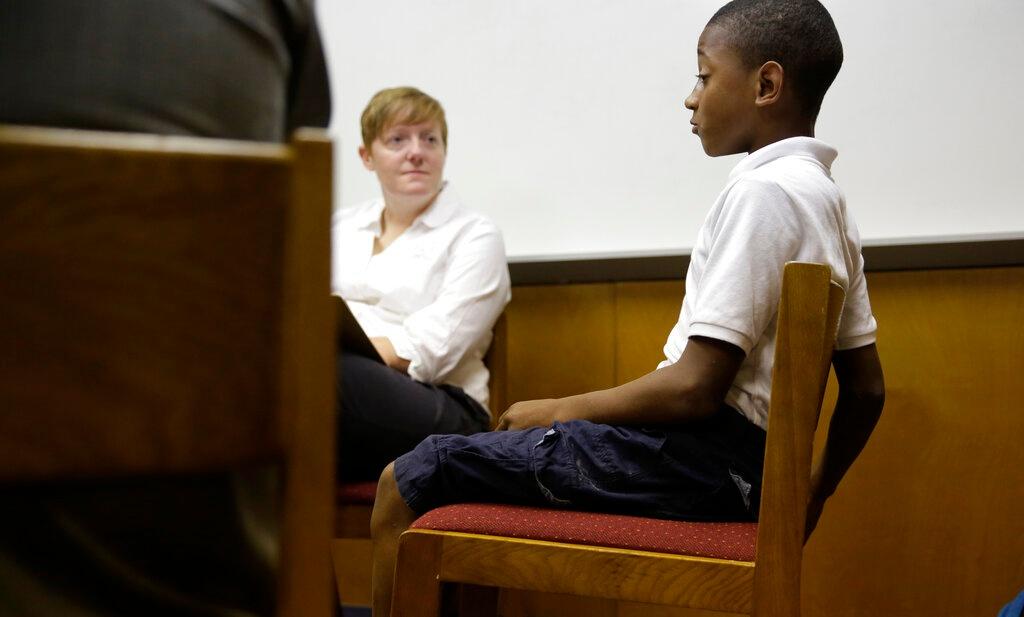A collective of organizations dedicated to ending corporal punishment in Mississippi Schools spoke at a state-wide event this past weekend.
Coalition aims to end corporal punishment in Mississippi Schools


A collective of organizations dedicated to ending corporal punishment in Mississippi Schools spoke at a state-wide event this past weekend.

Coalition aims to end corporal punishment in Mississippi Schools
Lacey Alexander
Mississippi is one of 19 states that still permit corporal punishment in schools, with the most recent data suggesting roughly 68,000 children were hit with an object as school punishment in 2018. The Mississippi Coalition to End Corporal Punishment hosted a panel at the Mississippi NAACP State Convention and Policy Institute, where panelists shared information about the negative side effects of using this discipline method. Reports suggest that roughly 30% of students that have received corporal punishment over the years are from Mississippi.
Ellen Reddy is the executive director of Nollie Jenkins Family Center, which facilitates the Coalition. She says that corporal punishment in schools hurts more than it helps.
“There is research that shows corporal punishment does not work,” Reddy said. “children who are fearful of being hit can’t focus on their academic studies.”
These punishments target some students more than others according to Breon Wells, chief spokesperson for the federal school discipline and climate coalition.
“This happens in schools that are predominantly black and brown,” Wells said. “these instances are, as we’d say… disproportionately affecting students of color.”
In 2018, the American Academy of Pediatrics called for a nation-wide ban on corporal punishment.